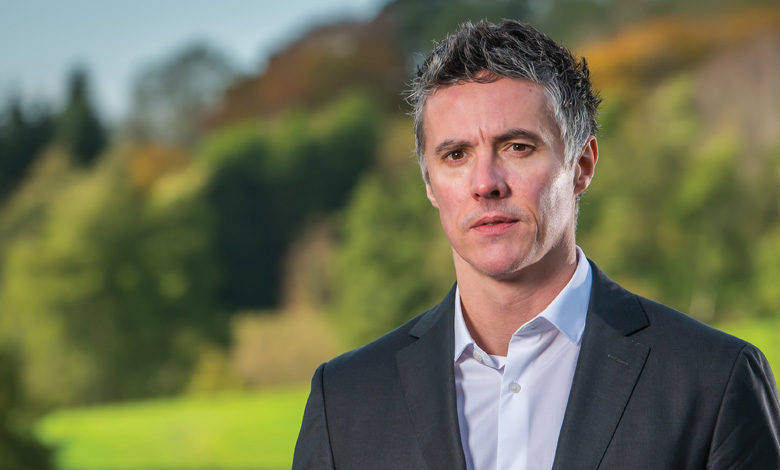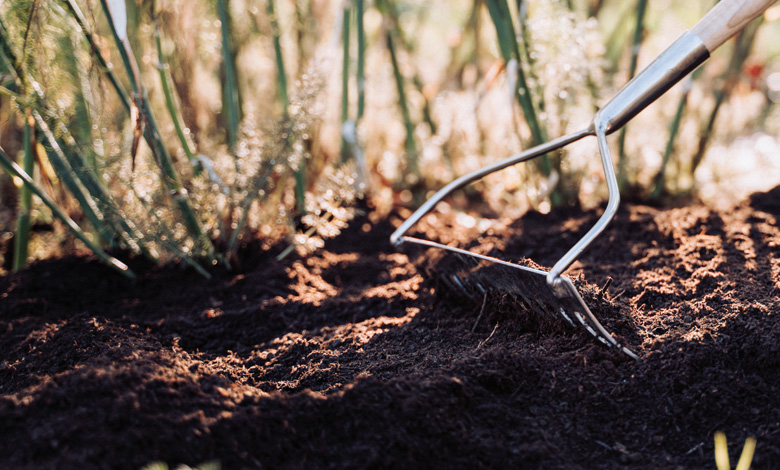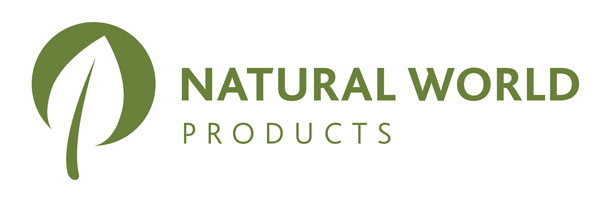Northern Ireland has an opportunity to set a climate focused example to the world

A year on from the COP26 Climate Change Summit at Glasgow, and six months since the Northern Ireland Assembly passed the historic Climate Change Act, Colm Warren FCA, Chief Executive of leading organics recycler Natural World Products (NWP) lays out what the group is doing to support both the environment and the economy and considers the opportunity for Northern Ireland to develop a truly collaborative circular economy.
When Northern Ireland’s Waste and Resource Management Strategy was launched in 2013, it set what at the time seemed ambitious targets for the sector, seeking to transition from simply managing ‘waste’ to treating it as a resource.
There was considerable political and industry scepticism about the viability and relevance of those targets.
A decade later, there is much greater awareness of the challenges posed by damage to the environment and a greater urgency in addressing it.
At NWP, we understand the need to take a wider and longer-term view on waste and resource management to develop our green economy and find new climate solutions.
The bill for efforts to tackle climate change cannot simply be left to the ratepayer or tax-payer.
Governments and policymakers, the private and public sectors and local communities must collaborate in new and effective ways if we are to succeed, and we can.
Policymakers need to tread carefully as Northern Ireland has its own bespoke circumstances, challenges and opportunities that are worthy of specific consideration.
Let us consider what is most important and relevant here and what is practically and economically viable for our local authorities, businesses and ratepayers in times of significant economic hardship.
Obviously, diverting as many tonnes and materials as possible from landfill is critical but we also need to think more about how we can make our agri-food sector more sustainable, restore crucial organic matter back to our soils and sustainably move away from devastating our peatlands as critical natural carbon sinks.
At NWP, we are seeking to lead efforts to increase the circular nature of organics recycling, drive up the amount of recyclable food and green waste that is processed, composted and returned to soils, boosting carbon capture, improving soil health and reducing unnecessary landfill and peat extraction.
This creates a natural extension of the agri-food sector’s ‘farm to fork’ initiative, extending this to ‘farm to fork to field’.
The huge boost to carbon capture resulting from such interventions will go a long way towards offsetting the carbon footprint of the agriculture sector. This is a truly collaborative circular economy at work.
Producers and recyclers working closely together, to reduce the environmental impact of food production, grow ingredients as close to consumers as possible and improve the quality of soil health and nutrition, leading to higher more sustainable crop yields and improved economic returns.
Over the past 18 months, NWP has invested heavily in expanding capabilities at operational sites across Northern Ireland, enabling us to handle hundreds of thousands of tonnes of organics every year.
Even more ambitious net zero transformational infrastructure projects are imminent to help further address key structural problems, including decarbonisation of the gas network,
It is critical that, as an island, we fully understand the importance of well segregated, clean streams of household food and garden waste as much-needed resources that can help address key structural issues beyond landfill diversion.
Organics should be collected together wherever and as often as possible, it is most economical and all the leading and most robust forms of treatment technology for these materials DO NOT require separation of the elements in collection systems.
High Solids Anaerobic Digestion treatment and In-Vessel Composting Systems treat garden and food waste together, and, as the leading processor working in long-term partnership with most of the councils across Northern Ireland for the next decade, we will be mixing them once received anyway.
With bans on the use of peat-based composts in private gardens and allotments imminent, NWP has developed a product range that is already helping to replace peat based growing media and that is far more effective due to its rich, plant-available nutrient content.
That high quality recycled product is crafted and refined directly from the garden and food waste collected from households across Northern Ireland.
This enables individual communities and citizens to play an immediate role in combatting climate change.
Through such collaborative and ready-made circular approaches, Northern Ireland can be an example of a region focused on sustainable climate solutions that will actually work over the long term to achieve the targets set out in the Climate Change Act.
The economic advantages of such an approach can enhance our attractiveness to external investors, allow us to build infrastructure to address the right structural problems (not create new ones) and deliver a raft of new and sustainable jobs in the process.
Working together with partners from the education, energy, gas, and utility sectors, our aim is to continue to progress next generation infrastructure and product development possibilities with the aim of high-volume recycling operations that are fully self-sustaining.
Get it right, and Northern Ireland can be an example to other regions across the world of using waste and resource management to find real, practical, and economic climate solutions.
Colm Warren is Chief Executive of Natural World Products, Ireland’s leading organics recycling company.
T: 028 9060 0145
E: colm.warren@nwp-recycle.com
W: www.naturalworldproducts.com







